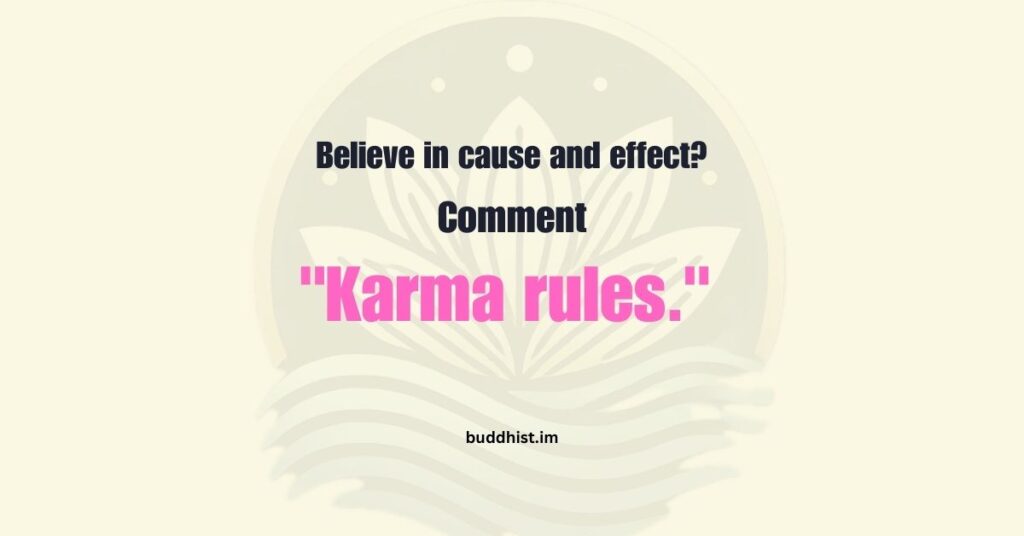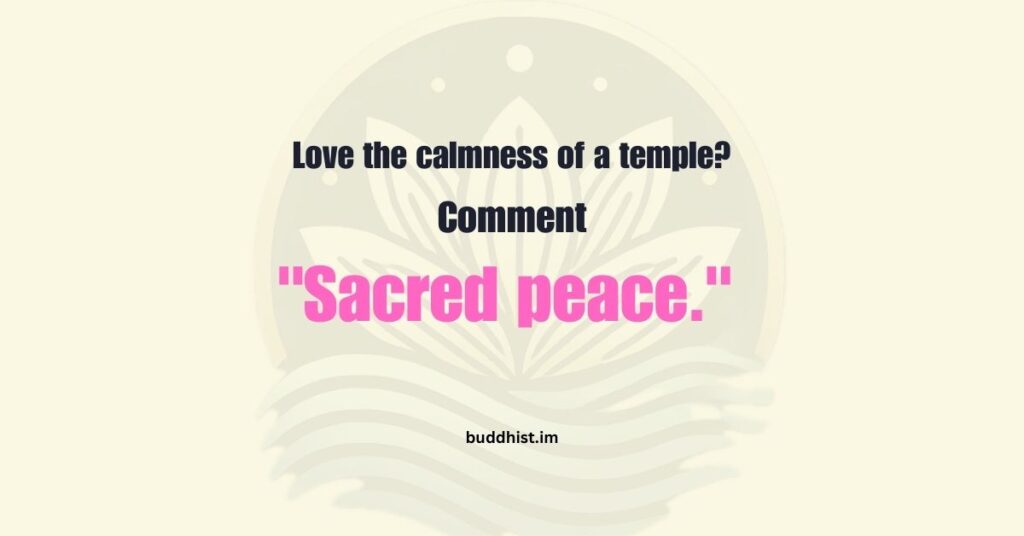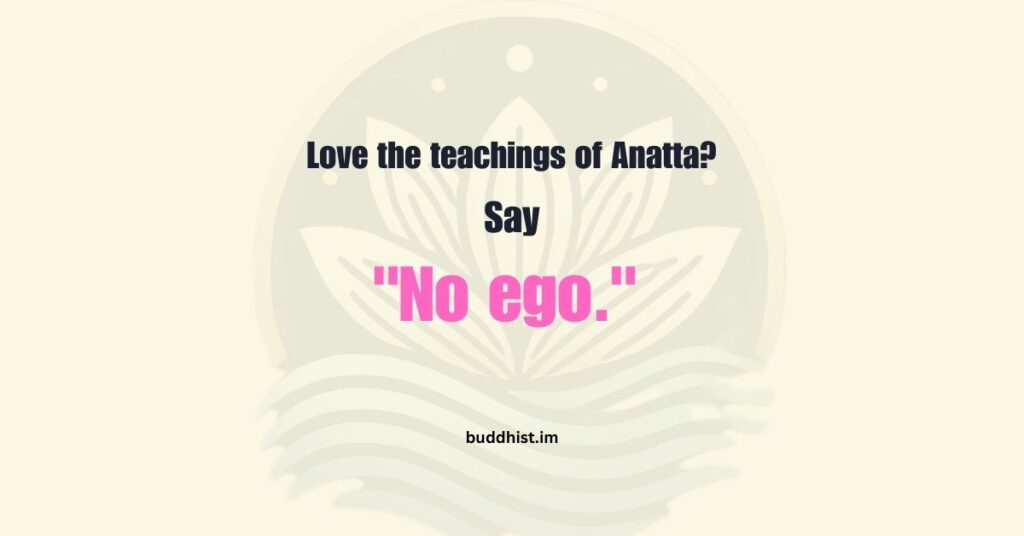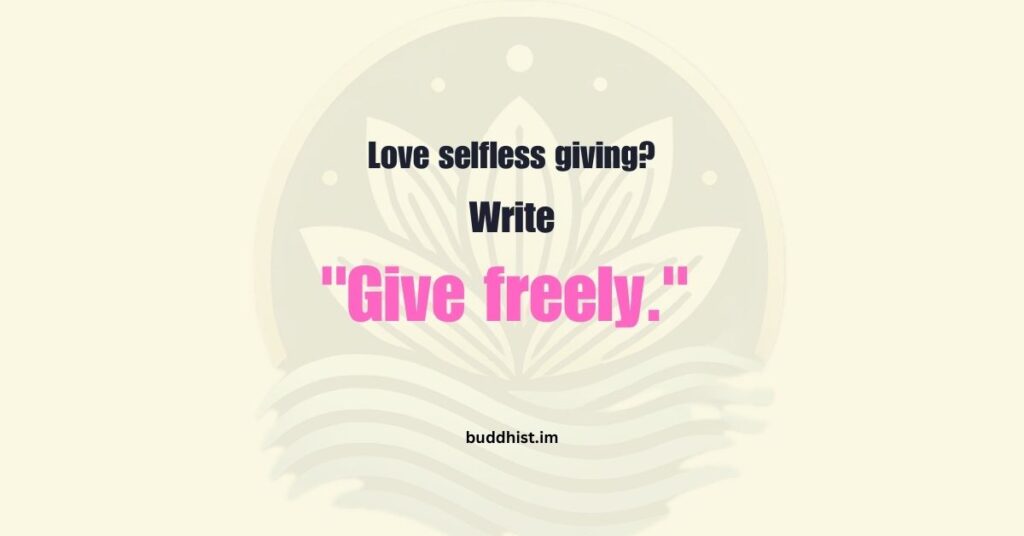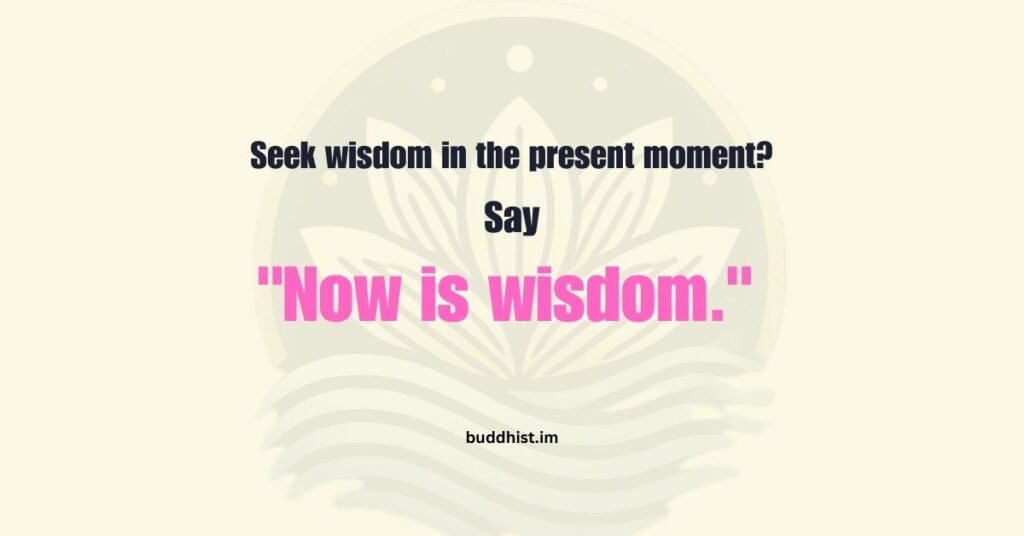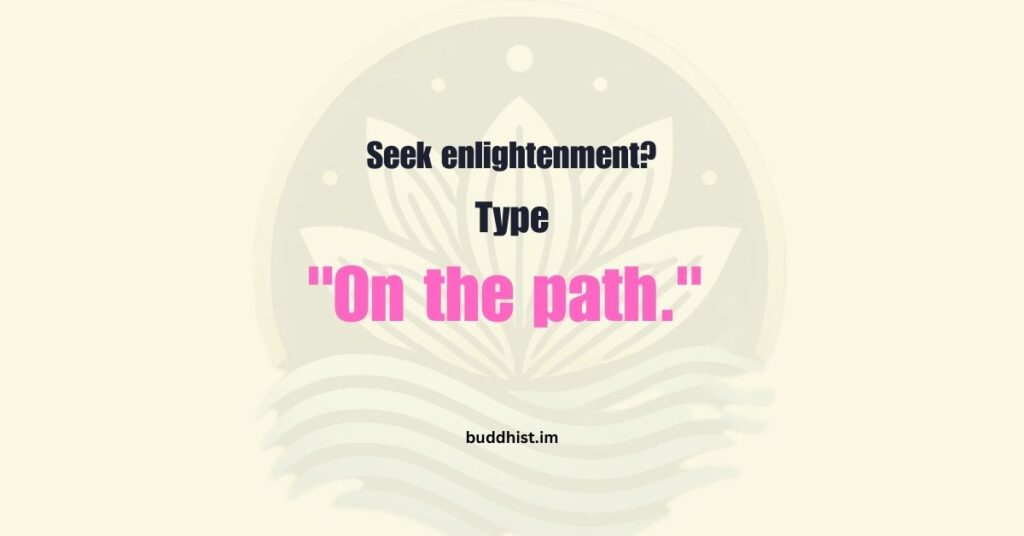Let’s face it: no one’s perfect. Not even your amazing partner (though we’re sure they come pretty close!). Maybe they leave their socks in the middle of the living room or have a tendency to dominate the TV remote. Whatever the quirks, learning to embrace your partner’s imperfections is key to a harmonious and happy relationship. And what better way to do it than through the lens of Buddhism? This ancient philosophy offers practical and timeless wisdom for modern lovebirds looking to strengthen their bond. So, let’s dive into the Buddhist way of accepting your partner, flaws, features, and all!
1. Start with Compassion
In Buddhism, compassion isn’t just a feel-good word; it’s a way of life. True compassion means recognizing that your partner, like you, is an imperfect being navigating the challenges of life. The next time your partner’s quirks make you roll your eyes, pause and think: “What’s really behind this?” Maybe they’re stressed, tired, or simply being human.
Try this: When frustration creeps in, take a moment to silently send them loving thoughts. Imagine wrapping them in a warm blanket of kindness. It sounds cheesy, but trust us, it works wonders for shifting your perspective.
2. Practice Mindful Acceptance
One of Buddhism’s greatest gifts to relationships is mindfulness, the art of being fully present. Mindfulness teaches us to observe without judgment. Instead of reacting to your partner’s habits (hello, toothpaste tube left open again), see if you can simply notice them. No judgment, no story, just awareness.
Fun idea: Turn your partner’s quirks into a mindfulness bell. Every time they leave the cupboard door open, use it as a gentle reminder to take a deep breath and ground yourself in the present moment. Who knew their messy habits could double as spiritual practice?
3. Embrace Impermanence
Here’s a comforting Buddhist truth: everything changes. Your partner’s annoying habits? Temporary. Your irritation? Also temporary. The idea of impermanence teaches us not to get too attached to our grievances because, like clouds in the sky, they’ll eventually pass.
Perspective shift: Instead of focusing on what’s wrong, remind yourself that your partner is constantly growing and evolving, just like you. With a little patience, those “flaws” might even transform into endearing features over time.
4. See the Beauty in the Flaws
In Japanese Zen Buddhism, there’s a concept called wabi-sabi, which celebrates the beauty of imperfection. The cracks in a vase? They’re part of its charm. The same goes for your partner. Those little flaws and idiosyncrasies are what make them uniquely them.
Pro tip: Instead of trying to “fix” your partner, celebrate their quirks. Maybe even keep a “Quirk Appreciation Journal” where you jot down the little things you secretly love about them. Like how they hum off-key while doing dishes or their goofy way of saying goodnight.
5. Let Go of Unrealistic Expectations
Buddhism teaches that much of our suffering comes from clinging, to ideas, desires, and expectations. Sometimes, we expect our partners to be mind-readers, superhuman multitaskers, or perfectly aligned with our every mood. Spoiler alert: they’re not.
Reality check: Ask yourself, “Am I holding my partner to impossible standards?” If the answer is yes, try releasing one expectation at a time. You might find that life, and your relationship, feels a lot lighter.
6. Cultivate Gratitude
A grateful heart is a happy heart. Instead of fixating on what your partner doesn’t do (take out the trash, remember anniversaries), focus on what they do. Did they bring you coffee? Text you to say “I love you”? Share their last slice of pizza? Celebrate those moments.
Practice gratitude: Start or end your day by saying three things you’re grateful for about your partner. Share it with them! You’d be surprised how far a little gratitude can go in deepening your connection.
7. Remember the Bigger Picture
At its core, Buddhism reminds us that we’re all interconnected. Your relationship is a beautiful dance of two imperfect beings supporting and growing with each other. When conflicts arise, try zooming out and seeing the bigger picture: a shared journey filled with love, learning, and laughter.
Reflection: When arguments happen, ask yourself, “Will this matter in a week? A year?” Chances are, the answer is no. Focus on what truly matters: the love and respect you have for one another.
The Takeaway
Accepting your partner for who they are isn’t about resigning yourself to their flaws; it’s about embracing the whole package with love and understanding. The Buddhist path offers tools like compassion, mindfulness, and gratitude to help you see your partner not as a project to perfect but as a beautifully imperfect human to cherish.
So, the next time you find yourself rolling your eyes at their quirks, take a deep breath, smile, and say, “Flaws or features? I’ll take it all.” After all, isn’t that what love is all about?
Now go forth, young enlightened couple, and rock your perfectly imperfect love story, Buddhist style!
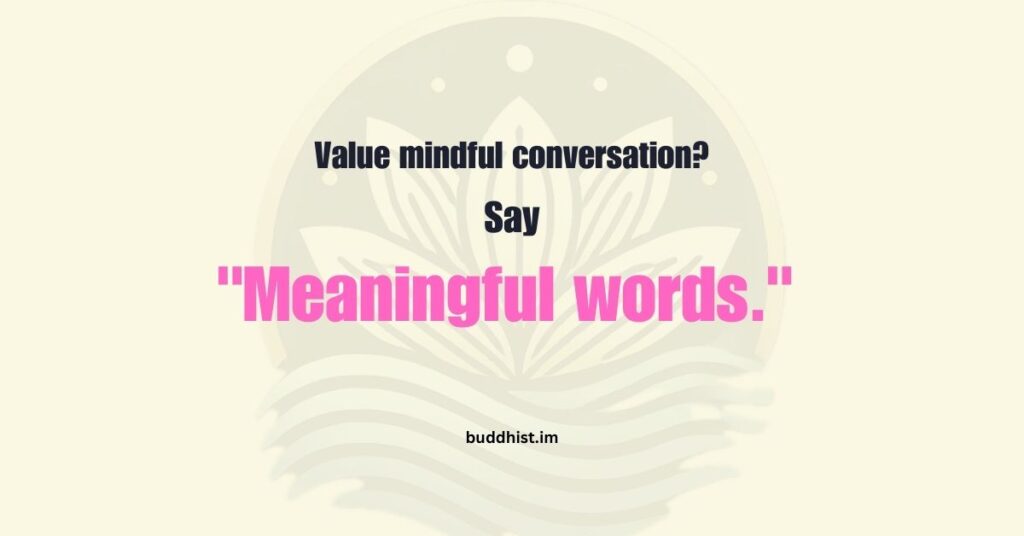

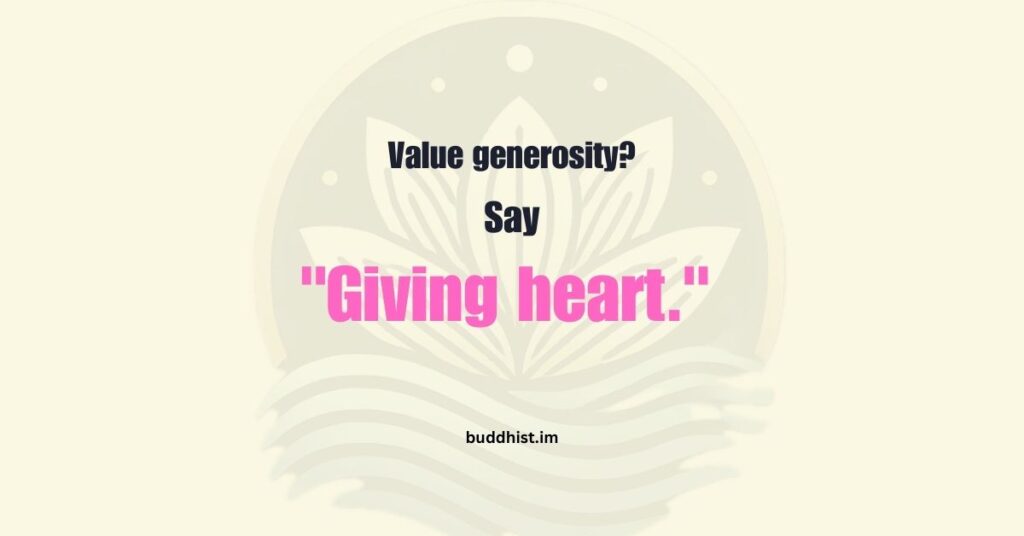
![Stop Losing Yourself in Marriage, [Here’s the Fix]](https://buddhist.im/wp-content/uploads/2025/01/Stop-Losing-Yourself-in-Marriage—Heres-the-Fix-1024x536.jpg)
![Stop Over-Explaining [Here’s What to Do Instead]](https://buddhist.im/wp-content/uploads/2025/01/Stop-Over-Explaining-Heres-What-to-Do-Instead-1024x536.jpg)

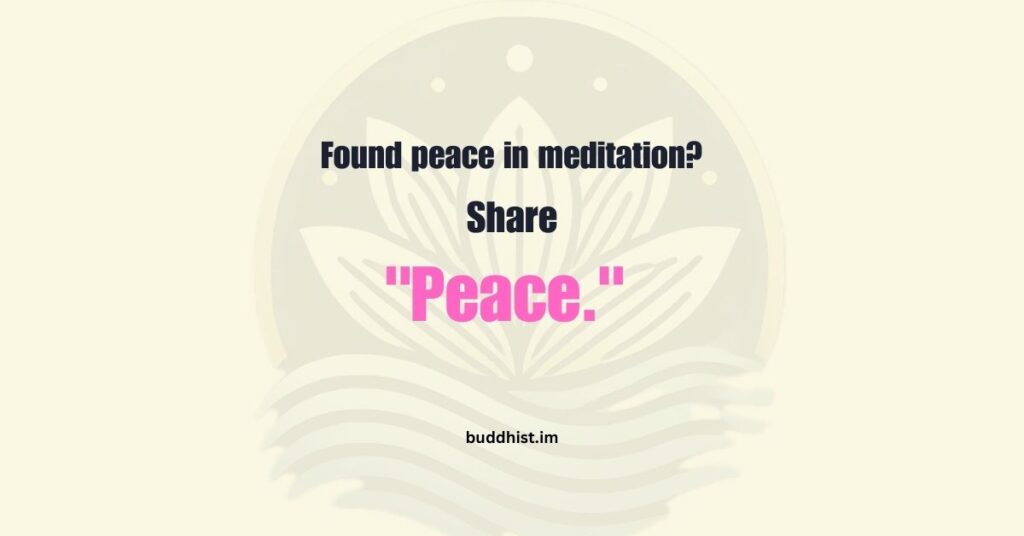
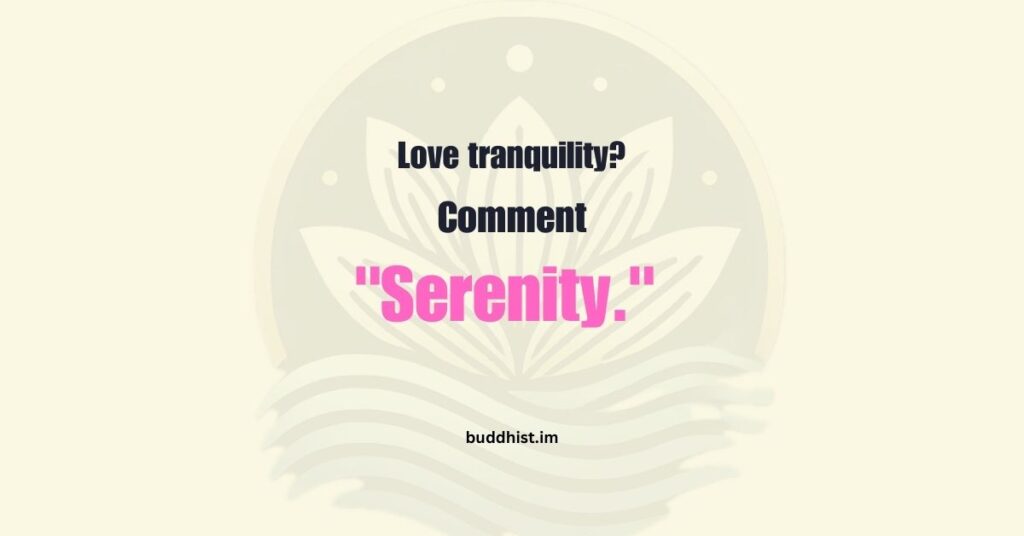


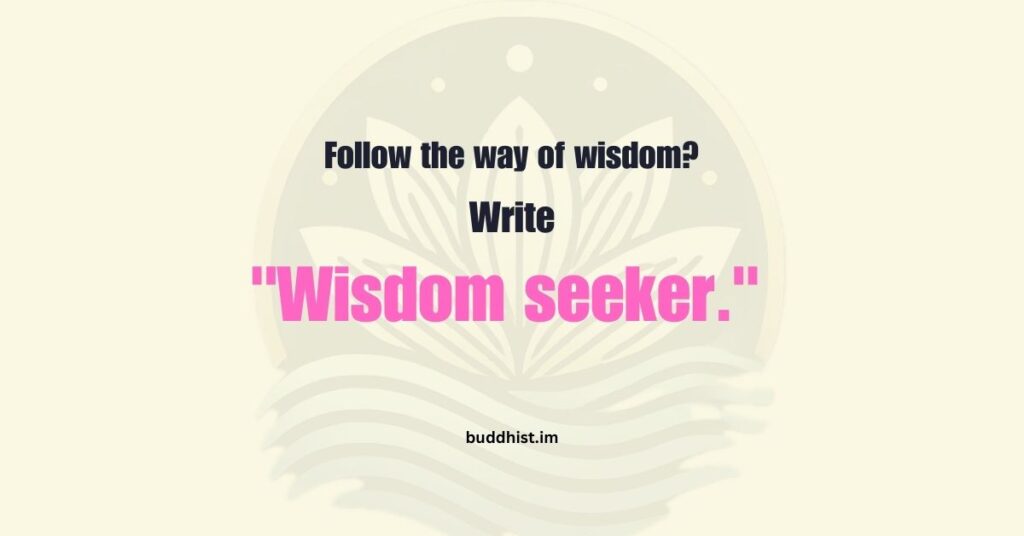
![[Trust Thrives on THIS] And It’s Easier Than You Think!](https://buddhist.im/wp-content/uploads/2025/01/Trust-Thrives-on-THIS—And-Its-Easier-Than-You-Think-1024x536.jpg)
